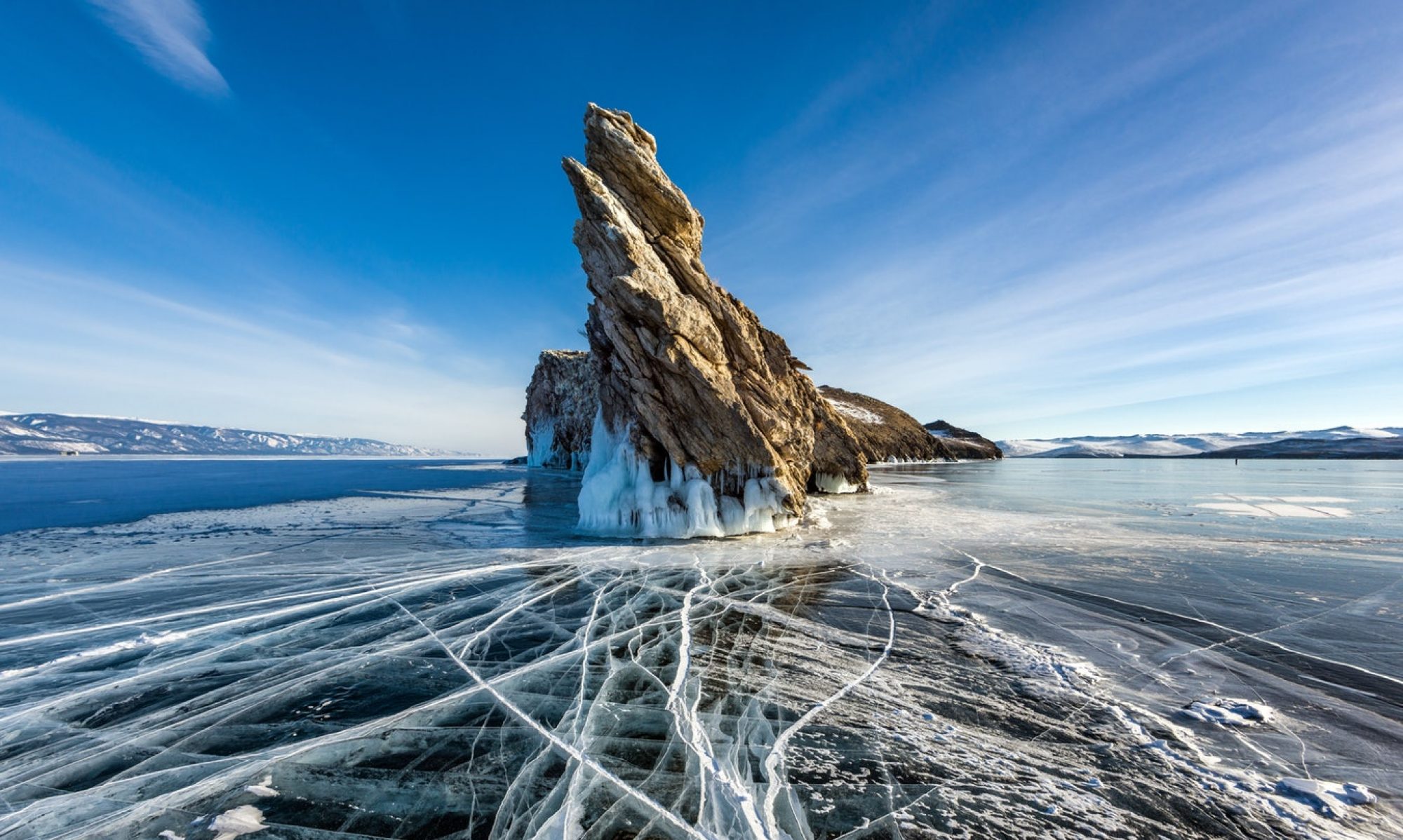Live, Work or Leave? Youth – wellbeing and the viability of (post) extractive Arctic industrial cities in Finland and Russia, 2018-2020
Project by Arctic Centre, University of Helsinki, Aleksanteri Institute, North Eastern Federal University Yakutsk and Petrozavodsk State University, Russia, jointly with the cities of Kemijärvi, Kolari, Pyhäjoki (FIN), Neryungryi, Aldan, Khandyga (Yakutia), Kirovsk, Monchegorsk, Kovdor, Revda (Murmansk Oblast) and Novyi Urengoy (Yamal).
Aims
In this project we want to find out what the perspectives for young people’s life are in Arctic Industrial Cities, and what can we do for helping to build sustainable communities for young people in such cities.
By analysing the attractiveness of Arctic industrial cities as places to live and work, this project contributes interdisciplinarily to understanding the determinants of youth wellbeing in Arctic industrial cities. In this respect our project aims to contribute to a broader theory of viable Arctic communities combining approaches from different disciplines integrating anthropology, legal studies, geography, political sciences, and economics. In a combined effort, we aim to find out how authorities, civil society and industrial companies provide conditions for youth wellbeing in Arctic industrial cities, and if their ideas overlap with the hopes and ambitions of the young people themselves.
How
Combining methods from our different disciplines is key for achieving this renewed understanding of youth wellbeing in the Arctic, and of sustainable city-communities. In anthropology we shall study how youth policy, youth legislation, and youth activities of crucial corporate actors influence young people’s perception of their own wellbeing in Arctic Industrial cities. In a socio-economic approach we shall study the perspectives of youth on the labour market in industrial cities. Using a human-geographical approach we shall analyse the institutional structure in cities for youth policy implementation and assess the connectedness of state, industry and civil society initiatives. Using a political-legal approach we shall study how youth legislation is being implemented in the city-municipalities and the larger regions they are situated in, and jointly with the other colleagues how the implementation of laws and policies is perceived by young Arctic urban inhabitants. In combination, we can assess to what extent there is a match or a misfit between youth’s perspectives / expectations and socio-legal-political-economic-cultural frameworks in which they grow up. As a result, this project shall establish a renewed holistic theory of sustainable Arctic industrial cities based on young people’s aspirations and in a toolkit for assessing how Arctic industrial cities create conditions for youth wellbeing.
For whom
A particularity in this project is that this is not just researchers studying research objects. In this case researchers partner with local people and organisations in Arctic industrial cities and based on their common interest in youth wellbeing find out about young people’s pursuit of happiness and what can be done to create an ‘enabling environment’ for the youth in Arctic industrial cities. Therefore we hope to collaborate broadly with young people, media, organisations, city-authorities and all other interested parties in making this project one by the people and not only about them.
Background
The future and sustainability of Arctic city-communities will depend on how the young generation sees prospects for their own personal development there In both Russia and Finland, many such cities currently suffer an outmigration tendency. If young people do not see their wellbeing and prospects there, they will leave and it will be impossible for such cities to maintain a socially balanced cohesive society. Youth in Arctic industrial cities in the 21st century is caught between two general trends: on the one hand, the Arctic region is urbanising: more than 2/3 of the Arctic human population is urban. On the other hand, we observe a trend of outmigration from the Arctic to southern metropolitan areas. Rather than seeing youth decision making exclusively as ‘coping strategies’, this research goes further to study more positive perspectives, namely the pursuit of happiness and opportunities for youth in Arctic industrial cities.
Project researchers:
Alla Bolotova
Meri Kulmala
Veli-Pekka Tynkkynen
Project partners:
Arctic Centre, University of Lapland, Finland
North-Eastern Federal University in Yakutsk (NEFU), Russia
Petrozavodsk State University, Russia
Contacts and more information:
Project web-page
Updates will be published at arcticanthropology.org, as well as through twitter at @arcticanthro #youthwell
Posts about the events and publication related to this project can be accessed via the hashtag Wollie.
